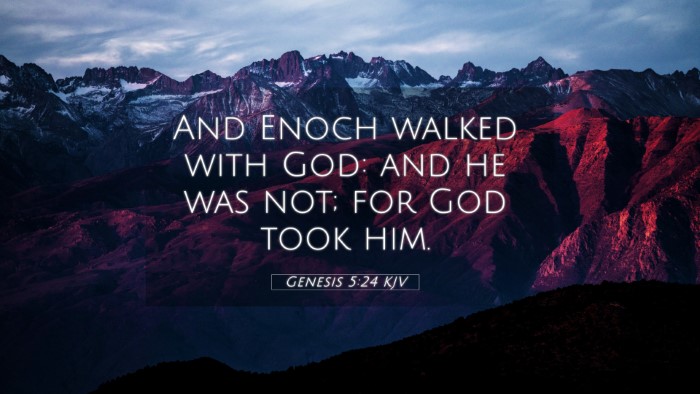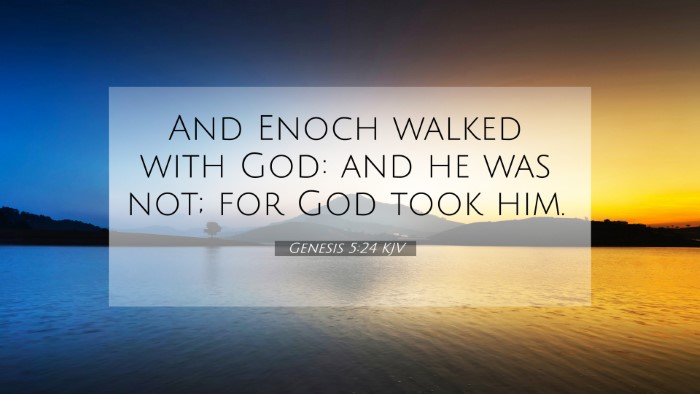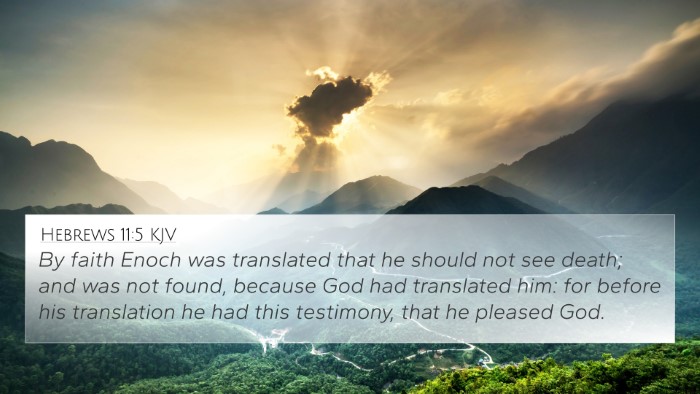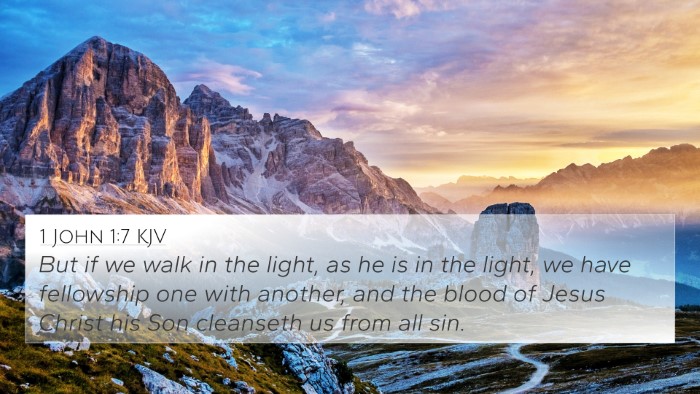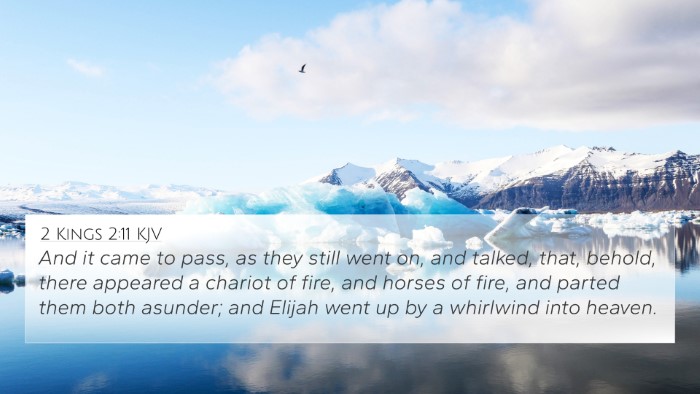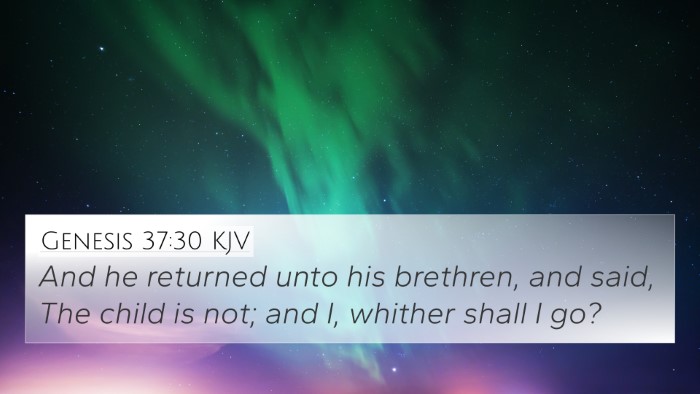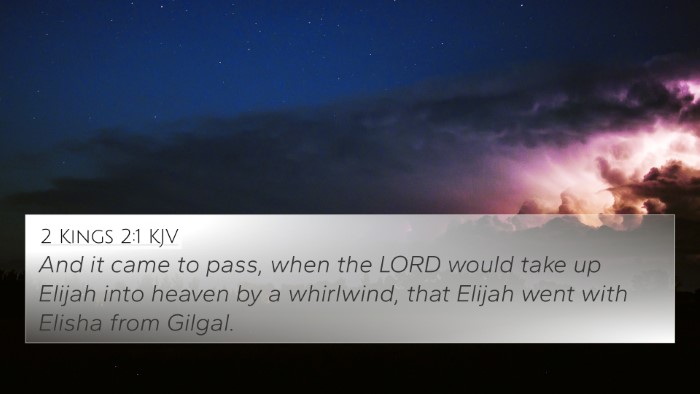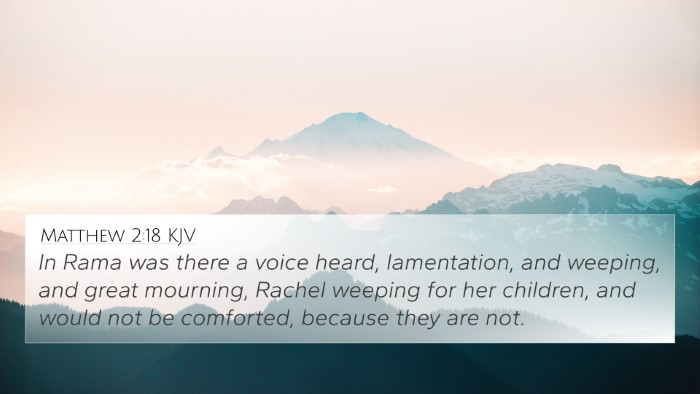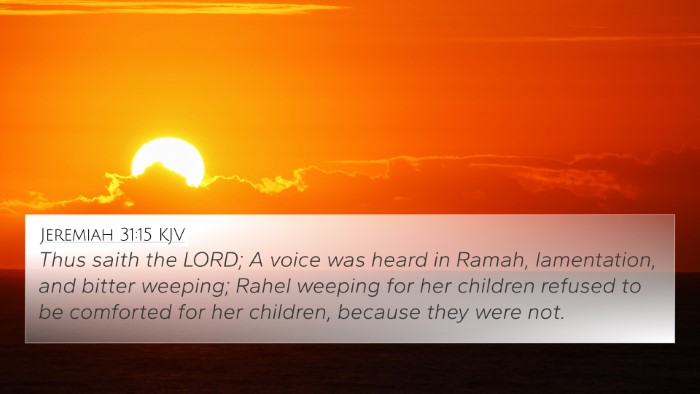Genesis 5:24 states: "And Enoch walked with God: and he was not; for God took him." This verse highlights the unique relationship between Enoch and God, offering profound insights into several theological themes such as faith, righteousness, and divine fellowship. Below, we explore the meaning of this verse by drawing on interpretations from respected public domain commentaries, including those by Matthew Henry, Albert Barnes, and Adam Clarke.
Summary of Genesis 5:24
This particular verse provides an account of Enoch, a figure known for his piety and close relationship with God. The phrase "walked with God" indicates a harmonious life of obedience, communion, and righteousness. The conclusion of the verse—"for God took him"—implies a mysterious end to Enoch's life, suggesting he was taken to be with God, which is often interpreted as a foreshadowing of concepts of eternal life and resurrection.
Commentary Insights
-
Matthew Henry:
Henry emphasizes that Enoch’s walk signifies a life led by faith and obedience. Unlike others of his time, Enoch found favor in God’s sight, which led to his eventual transformation and elevation. This is significant because it offers a precursor to the idea of being taken to heaven without experiencing death, underscoring the possibility of an intimate relationship with God.
-
Albert Barnes:
Barnes provides a foundational understanding of Enoch's relationship with God, stating that this walk refers to an active and continuous fellowship with God. He links this verse to the Christian experience of walking in the Spirit, suggesting believers today are called to the same kind of close companionship with God that Enoch exemplified.
-
Adam Clarke:
Clarke underscores the extraordinary nature of Enoch’s departure. His commentary posits that Enoch's absence serves as a profound example of divine favor. Clarke sees this as a reflection of God’s mercy and the hope of the faithful who trust in Him, presenting Enoch as a model for living in alignment with God's will.
Thematic Connections and Cross-References
Genesis 5:24 resonates with various themes found throughout Scripture, creating a rich tapestry of inter-Biblical dialogue. Below are several Bible verses that relate to, or can be cross-referenced with, Genesis 5:24:
- Hebrews 11:5-6: This passage speaks to Enoch’s faith, emphasizing that it was by faith he was taken from this world, aligning closely with his described relationship with God.
- Jude 1:14-15: Jude references Enoch as a prophet who proclaimed judgment, illustrating Enoch's righteousness and the acknowledgment of his prophetic ministry.
- 2 Kings 2:11: The account of Elijah’s ascent to heaven provides a parallel to Enoch's removal from the earth, reinforcing the theme of divine elevation of the righteous.
- Galatians 5:16: This verse encourages believers to walk in the Spirit, akin to Enoch’s walk with God, thus drawing a direct connection to the Christian life.
- Amos 3:3: “Can two walk together, unless they are agreed?” This rhetorical question emphasizes the importance of alignment with God, much like Enoch’s faithful walk.
- Romans 8:28: This verse assures believers of God's purposeful orchestration in their lives, similar to how Enoch's life was purposefully directed by his relationship with God.
- Philippians 3:20: The idea of citizenship in heaven correlates with Enoch’s translation, providing hope for believers who aspire to eternal communion with God.
- 1 John 2:6: To walk as Christ walked hints at the kind of life Enoch led, marked by righteousness and a close relationship with the Father.
- Genesis 6:9: This verse describes Noah as a righteous man, paralleling Enoch's character and highlighting a lineage of faith that upholds God’s covenant.
- 2 Corinthians 5:7: The call to walk by faith and not by sight can reflect the essence of Enoch’s walk with God, encouraging believers to trust God’s plan without always understanding it.
Conclusion
Genesis 5:24 serves as a pivotal verse, illustrating the depth of intimacy one can achieve with God through righteous living and faith. Enoch stands as a significant figure in biblical history, representing the potential for all believers to enter into a deep, transformative relationship with the Creator. By examining cross-references and parallel scriptures, we gain a clearer understanding of the continuity of God's message throughout the Bible, showcasing a coherent narrative of faith, hope, and divine purpose.
Tools for Cross-Referencing
Studying the interconnections between these verses can be made easier with various resources, such as:
- Bible concordance
- Bible cross-reference guide
- Comprehensive Bible cross-reference materials
- Cross-reference Bible study resources
Utilizing these tools can enhance your understanding of related themes, fostering a deeper scriptural knowledge and aiding in sermon preparation or personal study.

